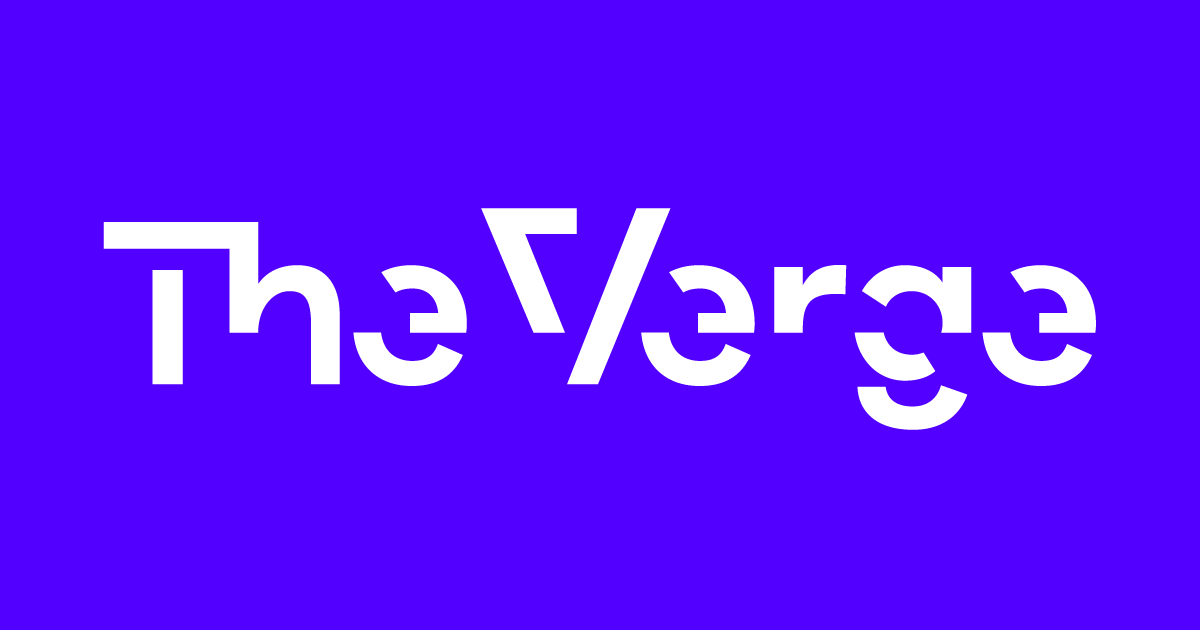AI🌪️Thursday Highlights: OpenAI's Bioscience Partnership, Board Changes, Samsung's Galaxy Ring, and Vimeo's AI Labels
1. OpenAI and Los Alamos National Laboratory unveil bioscience research collaboration.
2. Microsoft and Apple step down from OpenAI board amid regulatory scrutiny.
3. Samsung’s Galaxy Ring debuts on July 24 at $399.
4. Vimeo introduces AI content labels, joining YouTube and TikTok.
Stay tuned for deeper insights!🧐
In a whirlwind of advancements and strategic shifts, today's AI landscape brings a mix of collaboration, regulation, innovation, and transparency. From groundbreaking partnerships in bioscience between OpenAI and Los Alamos National Laboratory to major tech giants like Microsoft and Apple adjusting their roles, the dynamics are reshaping. Samsung's foray into wearable tech with the Galaxy Ring and Vimeo's step towards AI content transparency further underscore the rapid evolution. As we delve into these developments, it becomes clear that AI's integration into daily life is not just transformative but also scrutinized for its ethical and practical implications. Join us as we unpack these stories and explore what lies ahead in this ever-changing AI ecosystem.
1. OpenAI and Los Alamos National Laboratory unveil bioscience research collaboration.
OpenAI and Los Alamos National Laboratory are collaborating to explore safe AI use in bioscientific research. They aim to evaluate how multimodal AI models, such as GPT-4o, can assist scientists in laboratory settings. This partnership highlights the importance of combining private and public sector efforts to ensure AI advancements benefit health care and bioscience. By focusing on biological safety evaluations and practical lab applications, this collaboration seeks to set new standards for AI safety and efficacy, paving the way for innovative solutions in science.

2. Microsoft and Apple step down from OpenAI board amid regulatory scrutiny.
OpenAI transitions from board seats to stakeholder meetings with Microsoft and Apple, adapting amidst antitrust scrutiny. This strategic shift aims to foster transparency and deepen collaboration on AI advancements. The move follows Microsoft relinquishing its board observer role, signaling a new phase in their partnership focused on shared progress and innovation in AI technologies. By engaging through regular meetings, OpenAI seeks to ensure alignment across safety, security, and strategic goals, emphasizing a more inclusive approach to governance and decision-making. This evolution underscores the evolving dynamics in tech partnerships amid regulatory concerns and competitive landscapes.
/cdn.vox-cdn.com/uploads/chorus_asset/file/25418233/STK095_MICROSOFT_CVirginia_A.jpg)
3. Samsung’s Galaxy Ring debuts on July 24 at $399.
Samsung's Galaxy Ring, unveiled at Unpacked 2024 for $399, targets health monitoring with a focus on sleep analysis using movement, heart rate, and respiratory metrics. Unlike competitors, it lacks a display for a discreet design, emphasizing comfort and non-intrusiveness. Integrated into Samsung's health ecosystem, it offers holistic insights and motivational feedback without requiring a subscription, distinguishing it from rivals like Oura. The device marks Samsung's entry into the smart ring market, leveraging consumer interest in wearable health technology with a promise of functionality in a compact form factor.

4. Vimeo introduces AI content labels, joining YouTube and TikTok.
Vimeo introduces AI content labels to distinguish between real and AI-generated videos, enhancing transparency. This move aims to combat the proliferation of deepfakes and synthetic content on its platform. Creators must disclose AI use for realistic content, such as altered celebrity footage or manipulated events. The label, visible on videos, helps viewers identify AI involvement in visuals or audio processing. While Vimeo currently relies on creators to self-label, it plans to develop automated systems for accurate AI detection in the future. CEO Philip Moyer emphasizes their commitment to protecting user-generated content from misuse by AI technologies.

As the AI landscape continues to evolve, partnerships like OpenAI's with Los Alamos National Laboratory highlight the potential for AI to revolutionize scientific research. Meanwhile, regulatory scrutiny and strategic shifts among tech giants underscore the importance of ethical AI development. Samsung's Galaxy Ring and Vimeo's AI content labels signal a new era of consumer technology and transparency. Looking forward, navigating these complexities will require ongoing dialogue, innovation, and responsible deployment of AI technologies. Stay tuned as we track these developments and explore how they shape the future of AI in our everyday lives. Join us in embracing the opportunities and challenges ahead as AI continues to redefine possibilities across industries.




